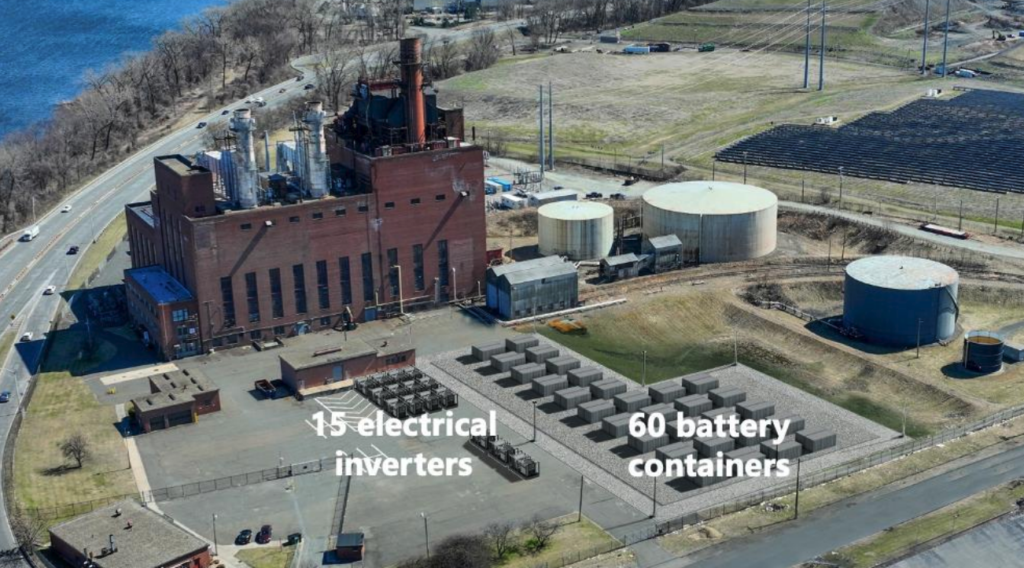
Replacing peaker power plants with clean energy solutions represents one of the most important environmental justice opportunities in the country. Accelerating the retirement of polluting, fossil-fuel peaker power plants and replacing them with clean, cost-effective alternatives, such as energy storage, renewable generation, transmission, energy efficiency, and demand response brings benefits in much lower climate impacts as well as a healthier environment for local residents.
Outdated and inefficient fossil fuel-fired peaker power plants are prime candidates for replacement with environmentally-friendly renewable energy and energy storage. Such replacements lower climate impacts as compared with fossil fuel combustion, but also benefit communities impacted by emissions from power plants. Peaker plants are disproportionately located in disadvantaged communities, where vulnerable populations already experience high levels of health and environmental burdens.
Most peak events are short to medium duration, making current tech like lithium ion batteries viable for 4-8 hour events, especially in summer. Longer term storage, like Form Energy’s multi-day iron-air systems, can serve longer term needs such as those that occasionally occur during winter peaking events.
One of the obstacles to bringing more clean power onto the system is the necessity for negotiating interconnection rights to the grid. Replacing existing peaker plants could alleviate this issue as existing interconnection rights should able to continue with the replacement plant if regulators will extend existing injection rights for the development of clean energy resources.
BEAT/No Fracked Gas in Mass has been working on the peaker plant issue in Berkshire County and beyond. As a result of this work, two of the existing plants in Berkshire County have been retired, while negotiations are ongoing with the third plant. We are also in discussion with Cogentrix, owner of the peaker plant in West Springfield, which is now proposing to convert that plant to storage and renewable energy sources.
For more information, please take a look at our Put Peakers in the Past page, and check out this comprehensive presentation on the issues of peaker plants (pdf) put together by Rosemary Wessel of No Fracked Gas in Mass.
1 Comment
June 2023 – HHN Newsletter (Issue #13) — Halt the Harm Network · July 8, 2023 at 1:09 pm
[…] By retiring two plants in Berkshire County and negotiating with others, you’re not only lowering the climate impact but also enhancing the health of local communities, especially those disproportionately affected by emissions. → Read more here […]
Comments are closed.